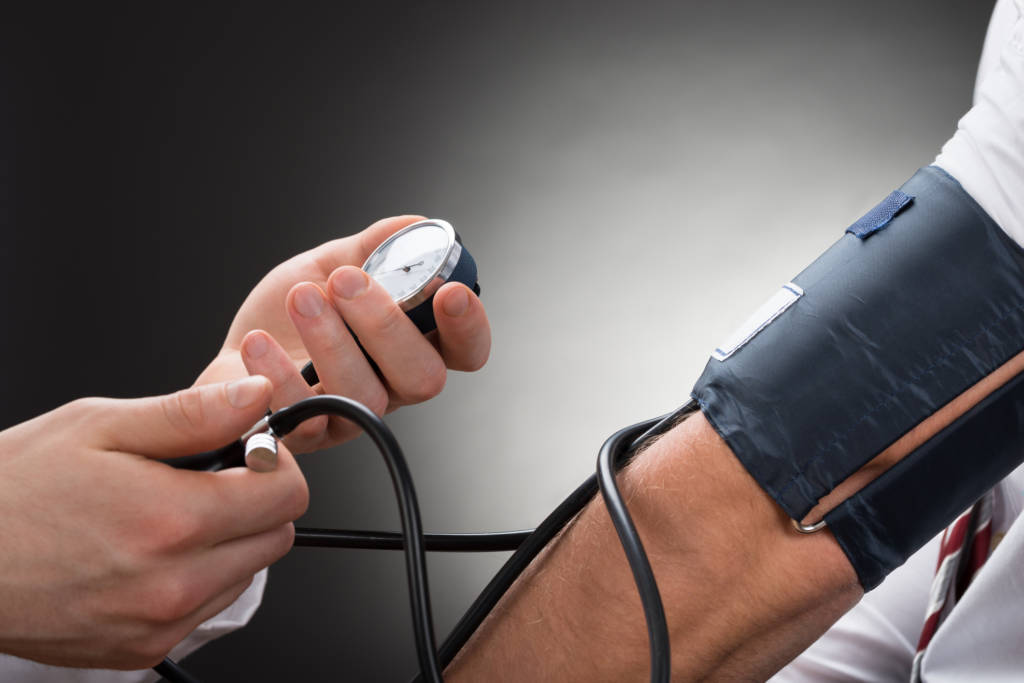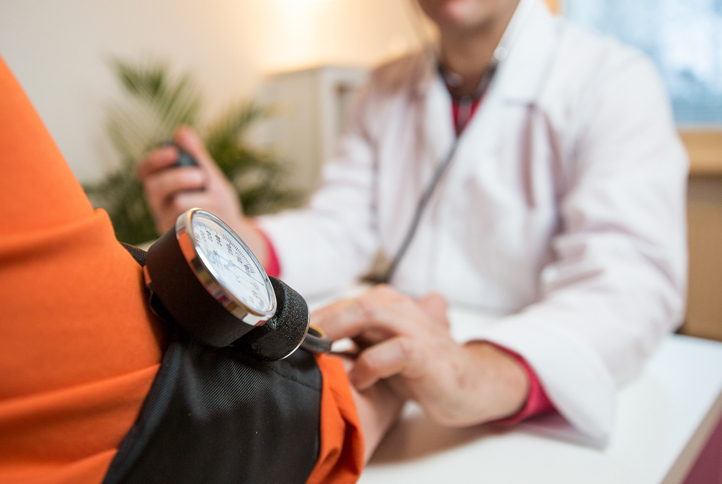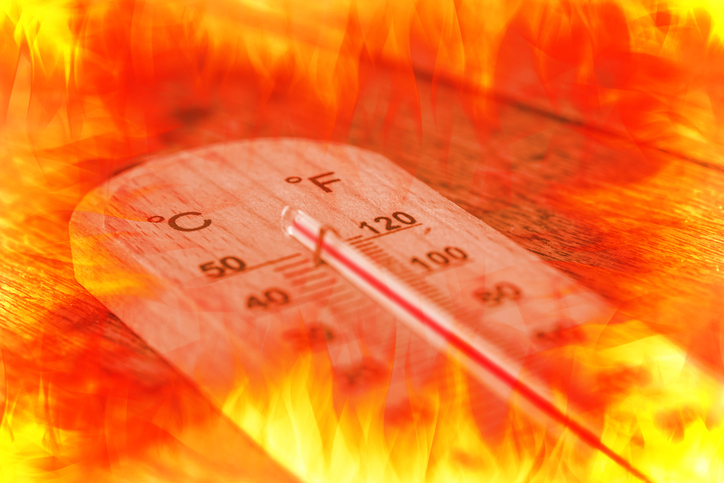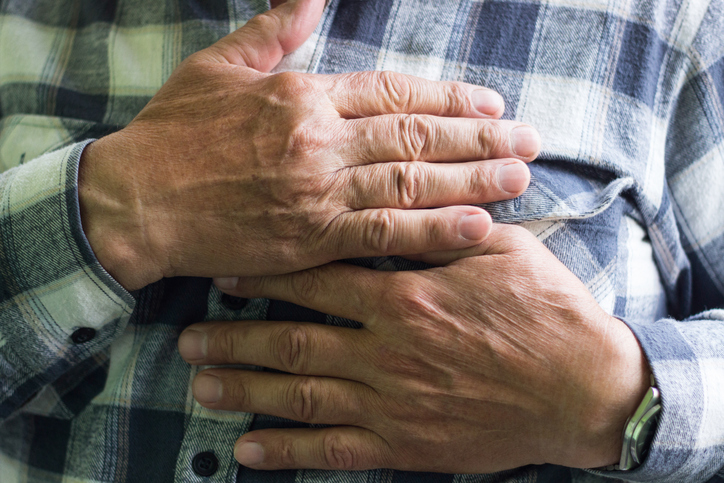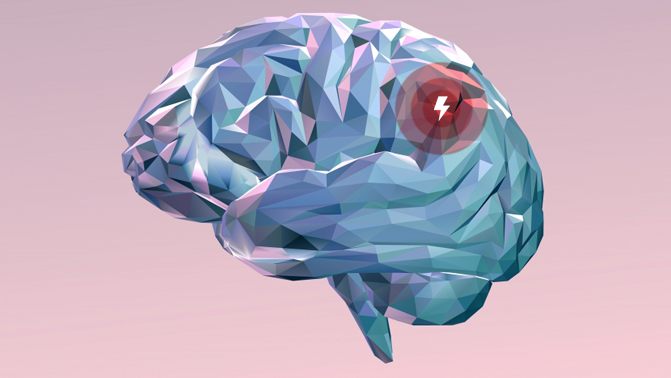The patients were followed for an average of 1.5 years. Those with any history of depression within the six months before their stroke or heart attack were excluded.
While depression can affect any heart patient, Stein’s group found the risk for depression was about 50% higher among stroke survivors than among heart attack survivors.
Anxiety often played a role: A history of anxiety was found in 10.3% of stroke patients and 11.8% of heart attack patients, and stroke patients with a history of anxiety were nearly twice as likely to develop depression as those without anxiety, the study showed.
Gender and younger age also seemed to matter: Patients 75 and older were 19% less likely to be diagnosed with depression compared to younger patients, and women who’d survived a stroke were 20% more likely to develop depression compared to male survivors.
The findings are from two preliminary studies to be presented later this month at the virtual American Stroke Association’s annual meeting.
“Depression following stroke is almost three times as common as it is in the general population and may affect up to a third of stroke patients,” Stein said in an association news release. She’s also an attending neurologist at Mount Sinai and Mount Sinai Queens Stroke Centers in New York City.
One specialist unconnected to the new study said the findings echo the experience of many patients.
Brittany LeMonda is senior neuropsychologist at Lenox Hill Hospital in New York City. She said the reason why stroke is more apt to lead to depression than heart attack is clear: “Individuals who suffer stroke may also experience greater disability — and loss of autonomy — whereas heart attack patients do not typically endure the same degree of life changes.”


